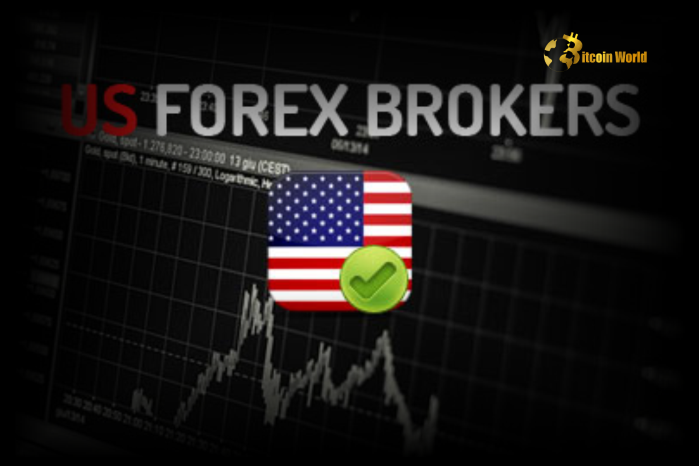Why Forex is Gaining Popularity in America
Why Forex is Gaining Popularity in America
Blog Article
The Role of the US Dollar in Forex Markets
Foreign change, or Forex trading, brings millions of participants in the United States every year. Its sheer measurement and liquidity allow it to be one of the very interesting areas globally. But, forex in us. takes a unique and rigid method of regulating Forex activities. If you're seeking to deal currencies or simply just desire to know the way appropriate frameworks form the Forex industry, knowledge these regulations is crucial.

Important Legal Frameworks Shaping Forex in the US
Forex regulation in the United Claims stands apart because of its complete chance controls and customer protections. Two major government bodies oversee many Forex activities:
• Thing Futures Trading Commission (CFTC)
• National Futures Association (NFA)
The CFTC, created in 1974, is tasked with regulating the futures and alternatives areas, foreign change included. The NFA, as a self-regulatory company, works strongly with the CFTC to enforce rules and keep fairness in trading practices.
Registration and Conformity
Every Forex dealer or broker doing business with U.S. citizens must register with both CFTC and NFA. These entities are also expected to stick to demanding functional standards, including:
• Minimal web money needs (often higher than in different countries)
• Ongoing audits
• Solid anti-money laundering (AML) plans
• Transparent risk disclosure
Violations can result in substantial fines or a lasting ban from the market. That regulatory framework aims to stop scam, defend investors, and enhance industry integrity.
Important Limitations on Forex Actions
Foundational protections affect how Forex works in the U.S.:
• Influence restricts: The NFA pieces a maximum control of 50:1 for important currency couples and 20:1 for minors. This is much less than several international areas, helping protect unskilled traders from significant losses.
• Segregation of funds: U.S. law involves that customer funds are kept split from broker operational funds. That measure safeguards traders in case a broker becomes insolvent.
• Advertising and disclosure: Firms should clearly explain dangers, expenses, and trading systems to clients. Inaccurate or extreme solicitation practices face rigid penalties.
Enforcement and Penalties
U.S. agencies frequently check for fraudulent systems, insider trading, and illicit market manipulation. Mathematical information from enforcement studies shows a regular sample of penalties and settlements in recent years, highlighting ongoing vigilance. This setting, while stricter than many elements of the world, produces a safer playing field for retail and institutional traders alike.
What to Contemplate as a US Forex Trader
New developments reveal an ongoing rise in regulatory measures, a focus on client training, and continuous improvements to submission requirements. If you plan to industry Forex in the U.S., it's important to:
• Confirm a broker's productive subscription position
• Stay up-to-date with regulatory changes
• Review risk disclosures before generally making trades
This process minimizes unforeseen failures and promotes your prospects in a firmly regulated but sturdy marketplace. By understanding legitimate regulations, U.S. traders may confidently take part in the Forex industry while remaining within the parameters of the law.
Report this page